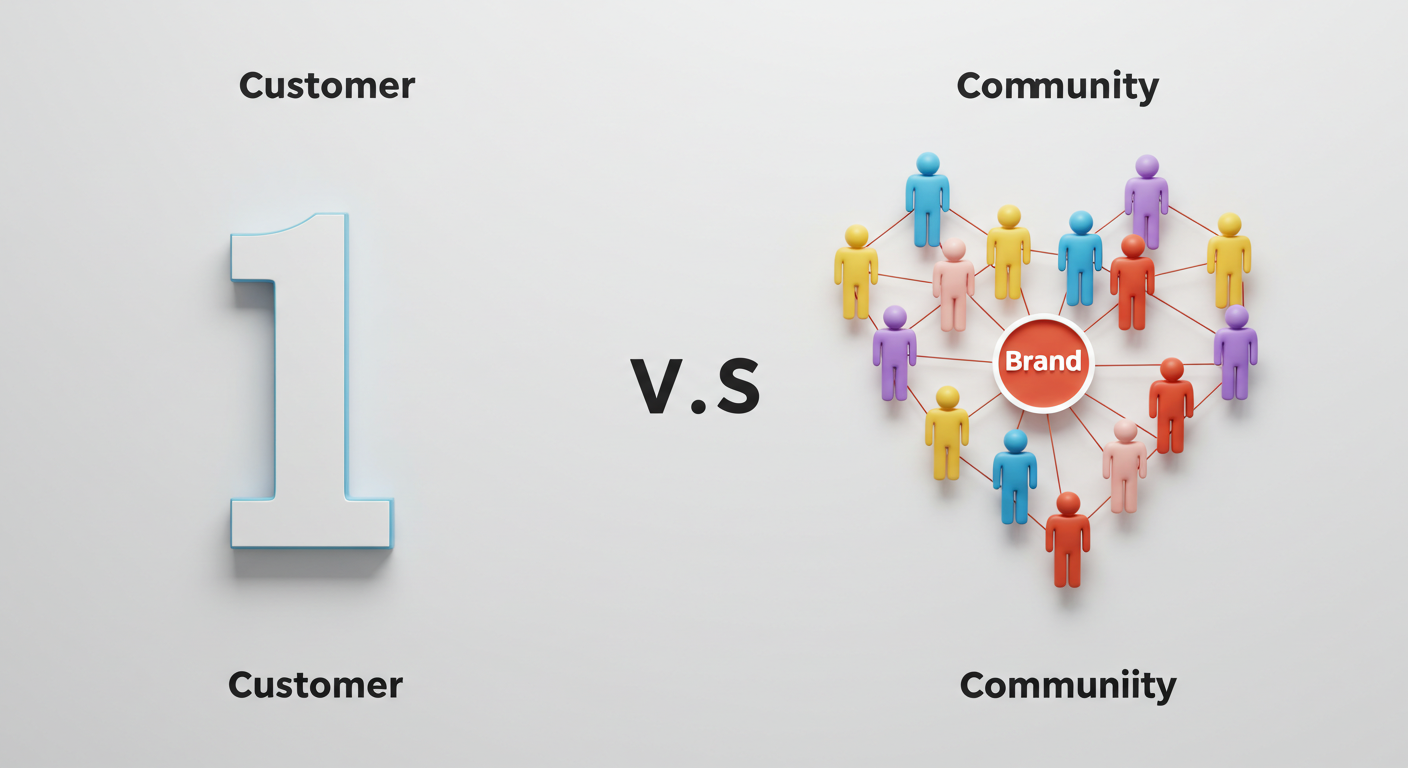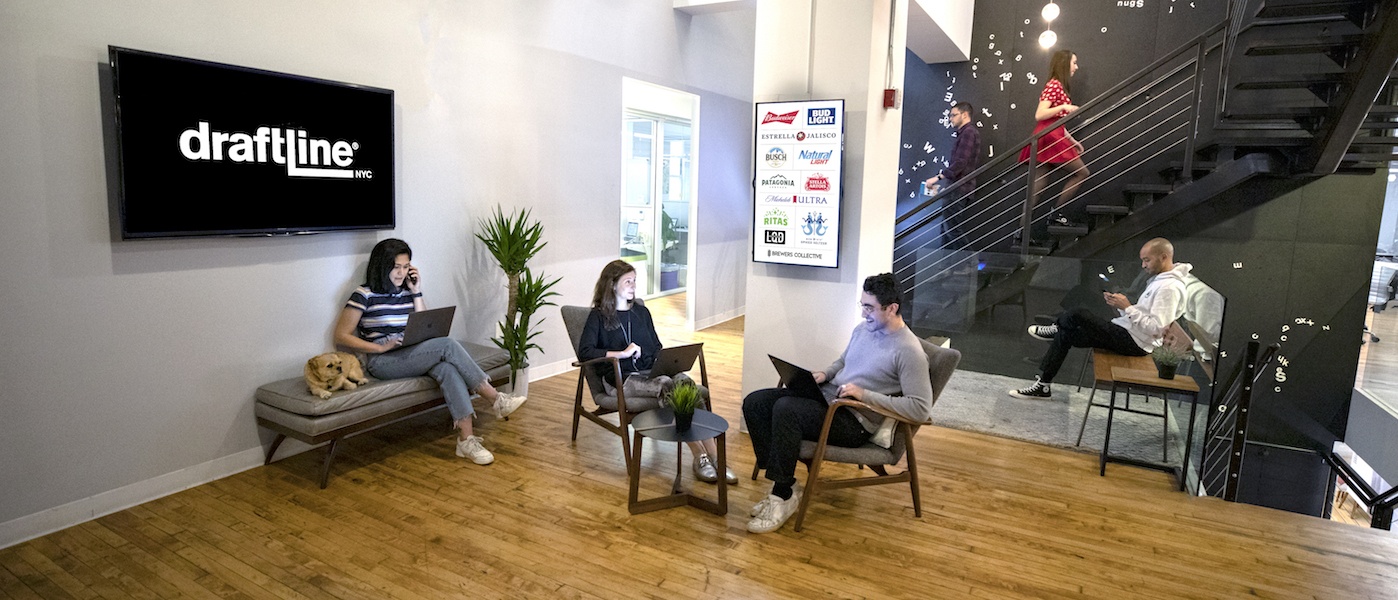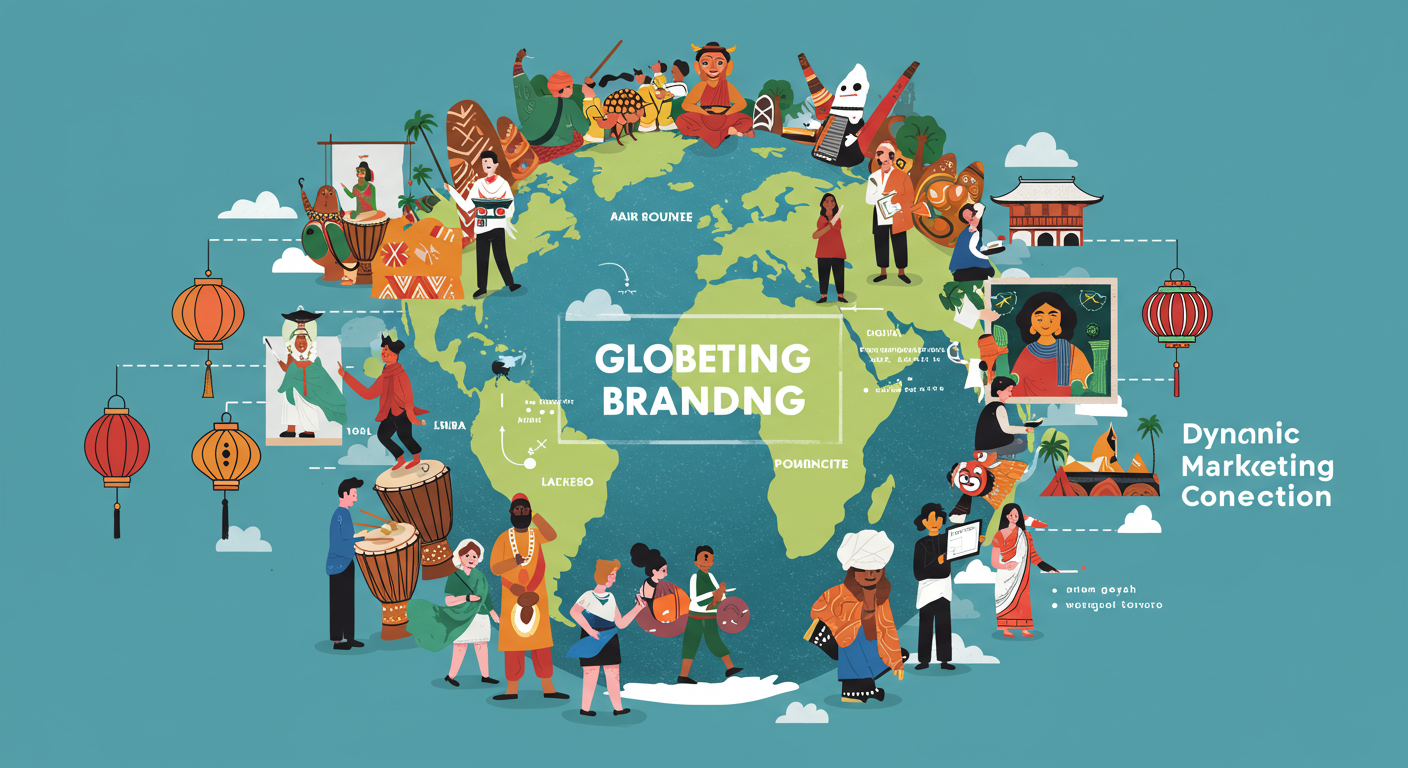Direct-to-Consumer (D2C) companies are everywhere in today’s digital economy. They offer everything from food to fashion, cosmetics to banking. While fast delivery and sleek websites may boost initial sales, these alone can no longer build lasting brands. To succeed in the long term, D2C companies need more than just customers. They need communities.
Why Community > Transaction
Every sale might catch attention, but community is what inspires real loyalty. The cost of acquiring new customers continues to rise. Performance marketing has become more expensive, especially with growing privacy restrictions like Apple’s iOS updates. Brands now face higher barriers to reach audiences through paid ads. Community helps reduce that dependency.
People want more than low prices. In crowded markets, they choose brands they trust. That trust is earned through open dialogue, shared values, and consistent presence—traits found in strong communities. Loyalty built this way brings people back, increases their lifetime value, and encourages them to recommend the brand to others. Community isn’t just about connection. It’s a smart business strategy. Engaged consumers spend more, share more, and stay longer.
What Community Looks Like in 2025
Communities today go far beyond mailing lists or Facebook groups. Modern consumers want real access and interaction. Think of Instagram Close Friends, Twitter Spaces, WhatsApp groups, and AMAs. They are not just seeking information. They want conversation.
Leading D2C brands now create shared identities. Customers wear these brands like badges—Glossier, Nike, PiggyVest. The emotional connection becomes personal. Many digital-first brands also embrace offline moments through pop-ups, local events, and branded clubs. These physical interactions deepen the brand-consumer bond.
Nigeria’s D2C Scene: Community is the Cheat Code
In Nigeria, building a community is not optional. It’s crucial. Word of mouth still drives discovery. If no one mentions your brand in group chats or tags you on social media, you stay invisible. Trust remains low across many sectors, so people stick to brands they feel connected to.
Local culture also plays a big role. Brands that reflect shared challenges, such as power outages or fuel scarcity, and speak in local slang resonate deeply. They feel familiar. They feel real. Community in Nigeria isn’t just helpful. It’s survival.
How D2C Brands Can Build Loyal Communities
- Stand for something: Instead of merely selling soap, promote confidence, clarity, and self-care. Create meaning beyond the product.
- Listening must be constant: Gather input through comments, polls, DMs, and feedback loops. This should inform both marketing and product development. Consumers want to feel heard.
- Reward loyalty with exclusivity, not just discounts: Give early access to products, offer recognition, or create brand ambassador roles. Let loyal fans feel important.
- Celebrate user-generated content: Allow your community to be your biggest marketing resource. Showcase them. Thank them. Place them in the center.
Cutting closer to the consumer is the goal of direct-to-consumer (D2C) rather than eliminating intermediaries. A strong sense of community gives you an advantage in the modern business world. The reason is, consumers don’t only purchase from you; they have faith in you when they see themselves as contributing to the greater good beyond the goods themselves.
ALSO WATCH MARKETING EDGE ONTV







Comment
No comments found.